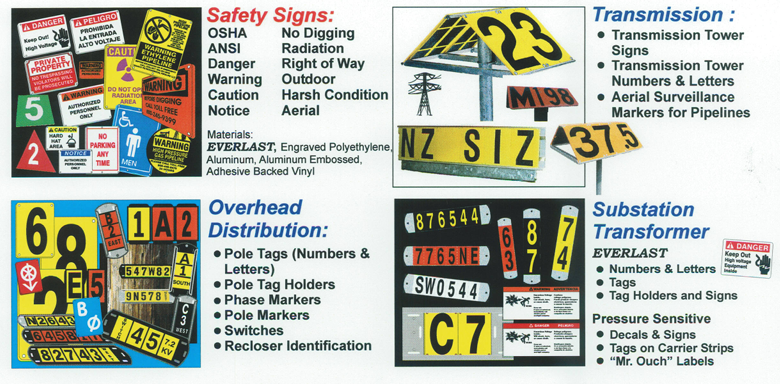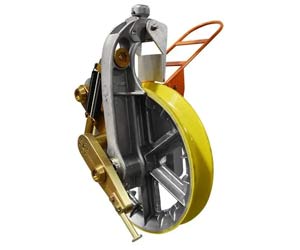UPS Uninterruptible Power Supply
By R.W. Hurst, Editor
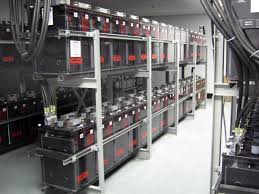
Emergency Generators & Standby Power Systems
Our customized live online or in‑person group training can be delivered to your staff at your location.
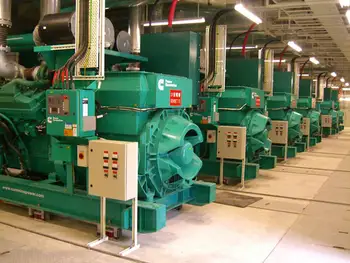
- Live Online
- 12 hours Instructor-led
- Group Training Available
Download Our OSHA 4475 Fact Sheet – Being Aware of Arc Flash Hazards
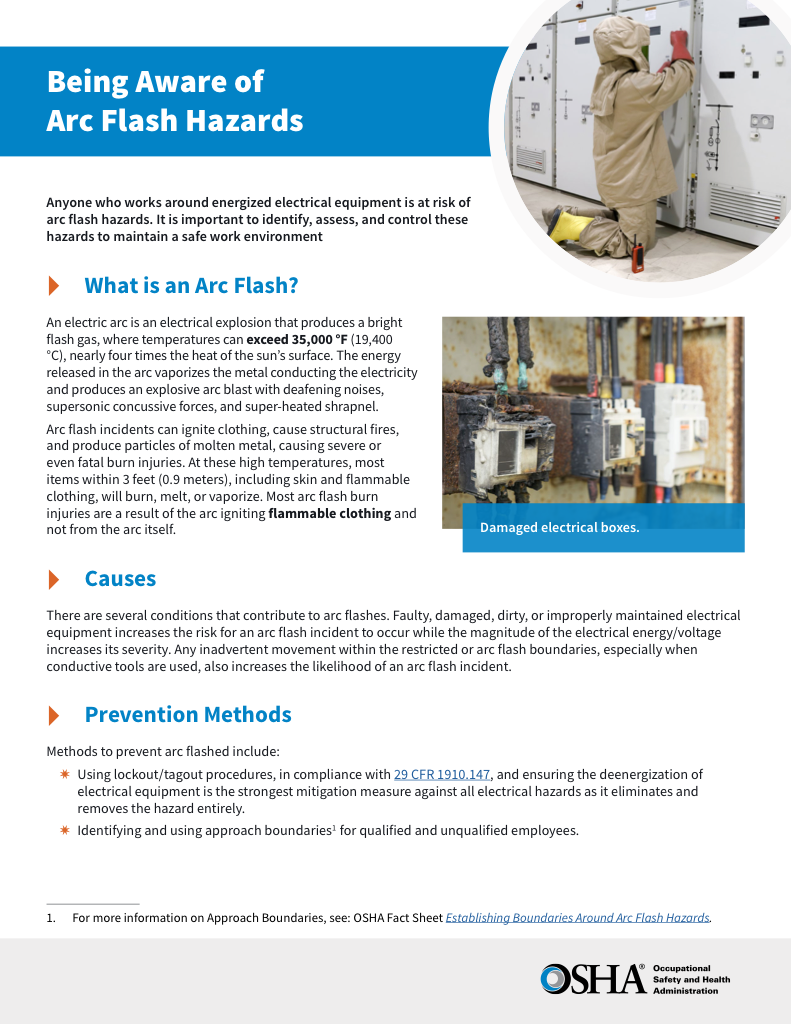
- Identify root causes of arc flash incidents and contributing conditions
- Apply prevention strategies including LOTO, PPE, and testing protocols
- Understand OSHA requirements for training and equipment maintenance
UPS Uninterruptible Power Supply systems provide backup power, voltage regulation, and surge protection to protect data centers, servers, and sensitive electronics from blackouts, outages, and harmful power disturbances that threaten essential equipment.
What is a UPS Uninterruptible Power Supply?
A UPS Uninterruptible Power Supply is a device that ensures continuous electrical power during outages, providing protection, stability, and reliability for critical systems.
✅ Delivers emergency power during outages and blackouts
✅ Regulates voltage and protects against surges
✅ Safeguards computers, servers, and data center equipment
Emergency Generators and Standby Power Training
Request a Free Training Quotation
In today's technology-driven world, protecting sensitive electronic equipment from outages and power fluctuations is of utmost importance. An uninterruptible power supply (UPS) plays a crucial role in ensuring the safety and smooth operation of your devices. This article aims to provide an in-depth understanding of UPS systems, their types, and their benefits. To explore the broader role of backup systems, see our electrical generators and UPS overview, which explains how these technologies work together to ensure continuous power.
How a UPS Works
A UPS Uninterruptible Power Supply is a device that provides emergency backup to your electronic equipment in case of outages, voltage fluctuations, or other electrical-related issues. It acts as a buffer between your devices and the utility power, ensuring a continuous and stable power flow. The UPS system stores energy in its battery backup and switches to this reserve power source when the main power supply fails, preventing damage to sensitive equipment and loss of critical data.
Choosing the Right UPS
Choosing the right UPS depends on several factors, including the power requirements of your protected equipment, the desired runtime during an outage, and the level of quality needed.
Sign Up for Electricity Forum’s Generators/UPS Newsletter
Stay informed with our FREE Generators/UPS Newsletter — get the latest news, breakthrough technologies, and expert insights, delivered straight to your inbox.
To size a UPS properly:
-
Add up the wattage of all connected devices
-
Multiply the total by 1.2 to 1.3 for efficiency and growth
-
Use the result to determine the minimum UPS capacity in volt-amperes (VA)
It’s also important to calculate expected runtime, since different models are designed for short-term shutdown support versus extended operation.
Types of UPS Systems
Not all UPS systems are designed the same way, and choosing the right one depends on the level of protection your equipment requires. Entry-level models provide only basic surge protection and short-term battery backup, while advanced systems deliver continuous, high-quality power suitable for critical infrastructure like hospitals, data centers, and industrial operations. Understanding the differences between UPS types helps ensure you select the most effective solution for your application.
There are three main types of UPS systems:
-
Standby UPS – Provides basic surge protection and battery backup during utility failures.
-
Line-Interactive UPS – Adds automatic voltage regulation (AVR) to keep voltage within safe limits.
-
Double-Conversion UPS – Offers the highest level of power quality by continuously converting AC to DC and back to AC.
Advanced options also exist, including modular UPS designs, hybrid energy-saving modes, and diesel rotary UPS (DRUPS) systems for mission-critical environments. Reliable switching between utility and backup power requires an automatic transfer switch, a critical component in many UPS and generator setups.
UPS System Types Comparison
| UPS Type | Description | Advantages | Best Use Cases |
|---|---|---|---|
| Standby UPS | Basic surge protection and battery backup during utility failures. | Affordable, simple design, protects against short outages. | Home offices, small equipment, basic PCs. |
| Line-Interactive | Provides battery backup plus automatic voltage regulation (AVR). | Corrects under/over-voltages, more reliable than standby. | Small businesses, network equipment. |
| Double-Conversion | Continuously converts AC to DC and back to AC for clean, stable power. | Highest level of protection, eliminates electrical anomalies, zero transfer. | Data centers, hospitals, industrial use. |
| Advanced Options | Modular, hybrid, and DRUPS (diesel rotary UPS) designs for high reliability. | Scalable, energy-efficient, long runtimes, mission-critical performance. | Large enterprises, mission-critical systems. |
Features and Benefits
A UPS system protects electronic devices and data by offering surge protection, voltage regulation, and continuous emergency backup. In the event of a failure, the UPS provides power, enabling your devices to continue running and preventing data loss. Integrated surge protection shields against damaging voltage spikes. Some models also feature hot-swappable batteries, remote monitoring capabilities (SNMP), and power conditioning to filter out electrical noise and improve power quality.
The backup provided during an outage depends on battery capacity and device load. Small UPS units may provide a few minutes of support, while larger systems with extra battery modules can run for hours. For longer runtimes, higher-capacity UPS units or integration with standby generators are recommended. Learn how battery backup systems provide essential runtime support during outages and why proper sizing is key.
UPS Maintenance and Battery Care
Proper maintenance and timely replacement of UPS batteries are essential to ensure optimal performance and a longer lifespan for your unit. Proper maintenance is essential for optimal performance and a longer lifespan. Best practices include:
-
Keeping the UPS in a controlled environment (temperature and humidity)
-
Inspecting batteries for swelling, leaks, or corrosion
-
Running periodic self-tests and monitoring system logs
-
Replacing batteries every 3–5 years, depending on type and conditions
Valve-regulated lead-acid (VRLA) batteries are the most common choice due to low maintenance and long service life. Lithium-ion batteries are gaining popularity due to their higher energy density and longer lifespan.
Power Quality and Stability
UPS systems enhance power quality by correcting fluctuations, including under-voltage and over-voltage conditions. Line-interactive and double-conversion models maintain stable output even when utility power is unstable, protecting sensitive electronics from stress and failure. For enterprise-level reliability, our guide to designing data center UPS infrastructure highlights best practices in redundancy and scalability.
A Critical Investment
A UPS Uninterruptible Power Supply is an essential safeguard for electronic equipment and valuable data. By understanding the types of systems available, their features, and the importance of proper maintenance, you can select the right UPS to protect your operations, minimize downtime, and extend the life of your equipment. If you’re evaluating different technologies, see our page on high-efficiency UPS systems to compare performance, energy savings, and cost benefits.
Test Your Knowledge About Generators/UPS!
Think you know Generators/UPS? Take our quick, interactive quiz and test your knowledge in minutes.
- Instantly see your results and score
- Identify strengths and areas for improvement
- Challenge yourself on real-world electrical topics







